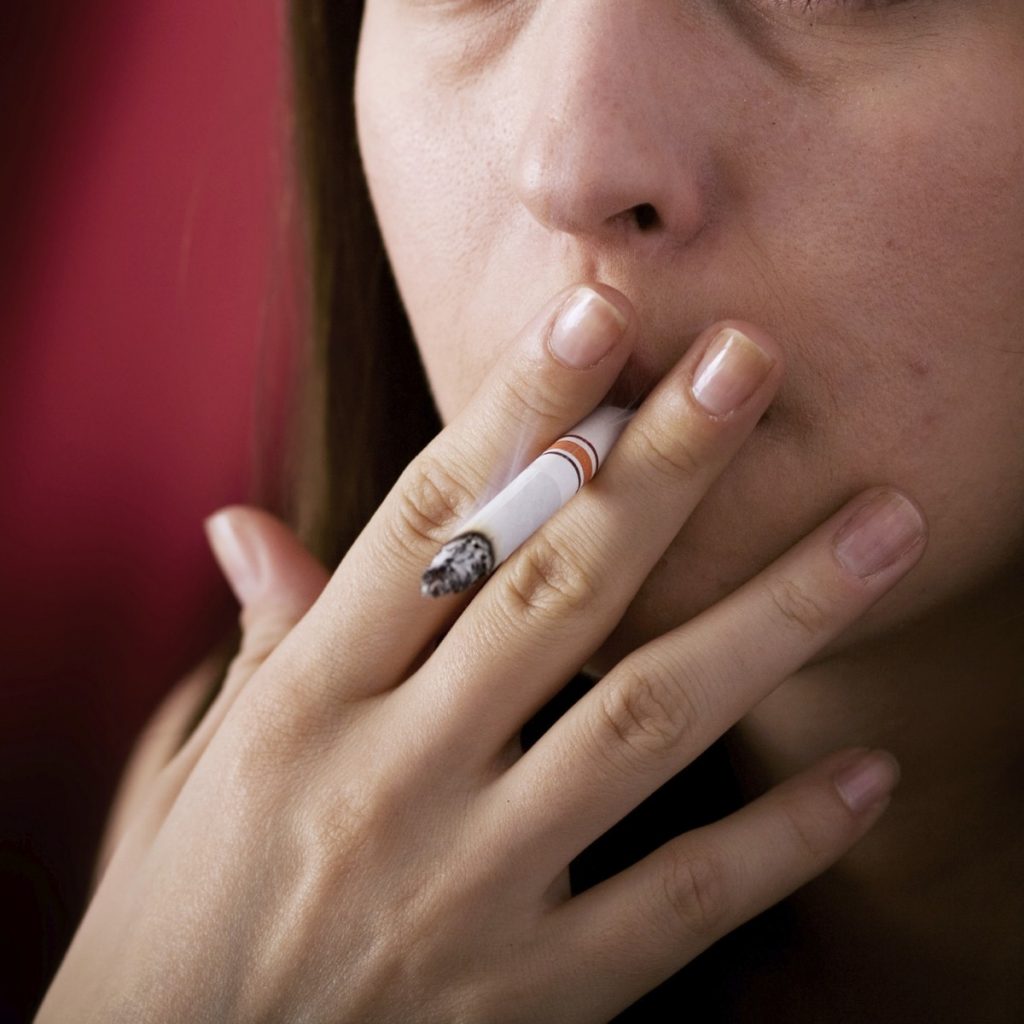Plain packs seem to increase tobacco sales – so why do it?
The early evidence is that plain packs do not reduce smoking. If anything, they seem to increase it. And yet anti-smoking advocates do not hesitate in the face of contrary evidence. They push on regardless.
This morning more than 600 medical professionals wrote to the British Medical Journal calling on ministers to speed up the seemingly-inevitable push towards plain packs.
There's a final consultation starting shortly, but that's not enough for the anti-smoking lobby. They want the regulation voted on before the election in May. Never mind the fact that the last consultation had record levels of participation. They want to sidestep the next one and go straight for implementation.
Why? Campaigners say "time is running out" before the general election. Quite why introducing plain packs after the general election is such a big deal is unclear. If the Tories stay in, the process will continue as before, with ministers saying they're "minded" to introduce them. If Labour wins, it'll definitely introduce them. Either way it makes no difference. Or are anti-smoking activists concerned more evidence will emerge throwing doubt on the veracity of their claims?


Australia is the first and only country to have introduced plain packs, so it is being watched particularly closely by countries like the UK and New Zealand, who plan to follow suit. What have they found? A modest but significant increase in tobacco sales.
Tobacco sales in Australia had been falling by 15.6% over four years but last year, six months after plain packs were introduced, they rose by 0.3%.
If the ban did anything, it appeared to push consumers towards cheaper tobacco products. Perhaps without the design, consumers lost the sense of luxury that came with a top brand and opted for a cheaper product.
There are reports of a 50% rise in demand in the market for lower cost cigarettes – from 32% to 37%.
It's possible that explains the slight increase in use. Some think that with consumers opting for cheaper products they can afford to buy more of them.
And that's not to even mention a possible rise in use of smuggled cigarettes. Tobacco firms have long argued that plain packs make cigarette packets much easier to counterfeit.
By definition that's a difficult claim to test, but in the year to June 2013, accounting firm KPMG estimated that smuggled, counterfeit or illegal tobacco sales jumped from 11.8% of the Australian market to 13.3%.
The evidence is not good for the anti-smoking brigade but they will press on regardless. Evidence means nothing to them. As in the 'smoking in a car with children' debate, they twist it to suit their campaign, not the other way round.
They are following a process of denormalisation, laying the ground for eventual criminalisation. The debate they pretend to engage in on individual issues is a patronising sideshow. All they care really about is the war: to make smoking as socially unacceptable as possible.

